Rose Marks uses her climbing skills in remote regions of South Africa to study how water-deprived plants might help develop drought-tolerant crops.
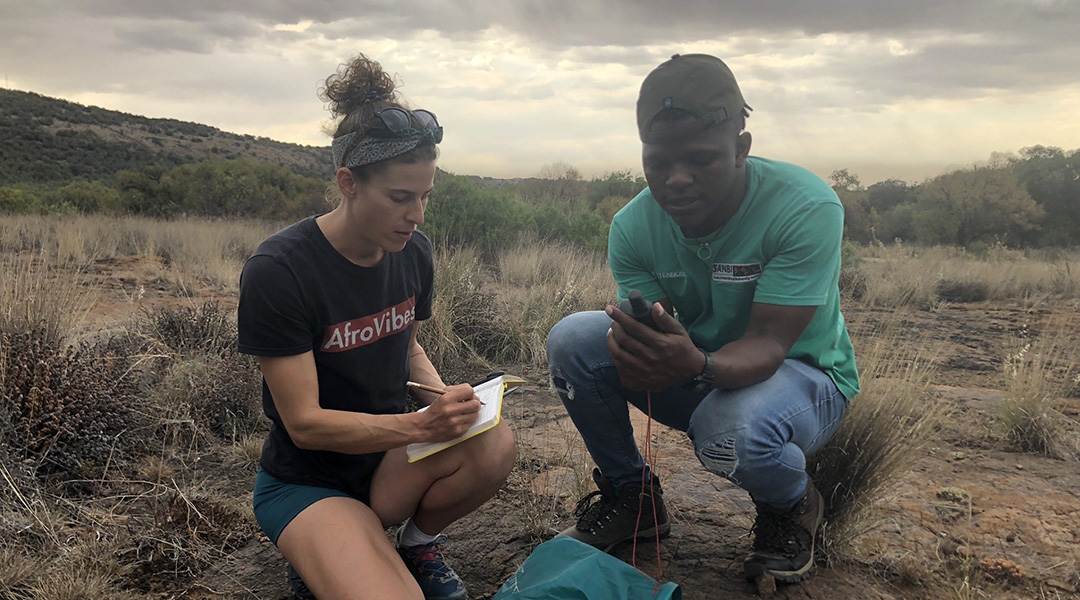

Rose Marks uses her climbing skills in remote regions of South Africa to study how water-deprived plants might help develop drought-tolerant crops.
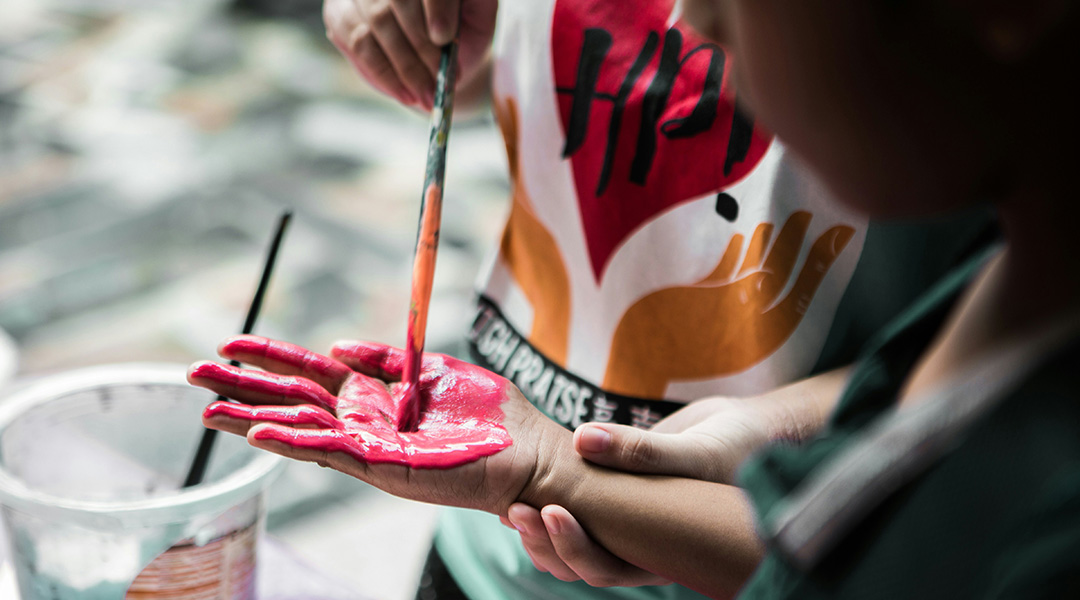
Study finds tactile learning in education helps kids engage multiple senses, leading to a richer and more interactive learning experience.
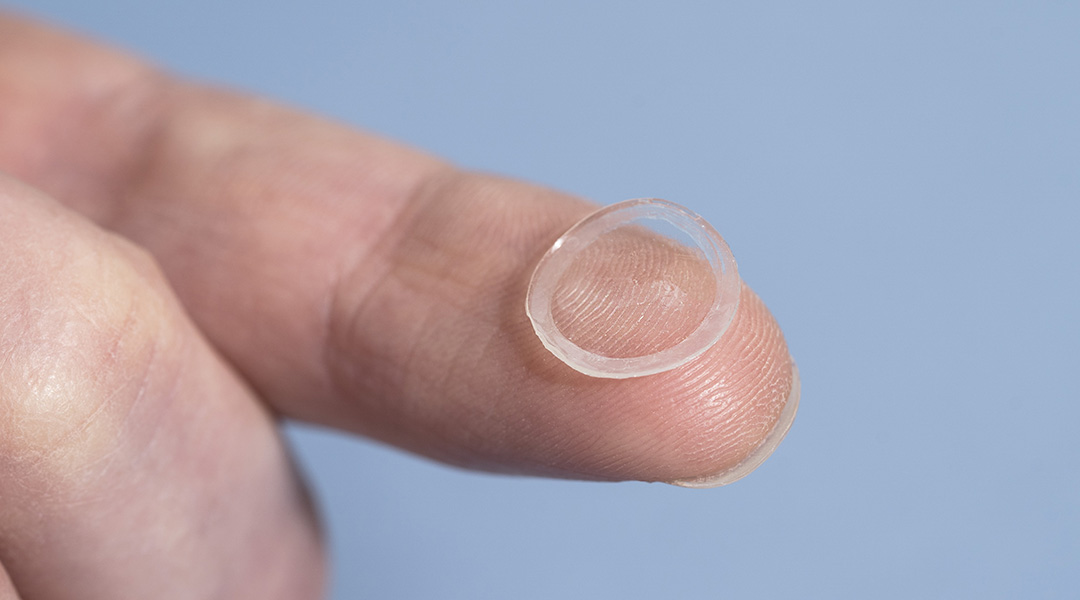
Bacterial biofactories embedded in the rim of the lens continually produce hyaluronic acid, a natural lubricant, to keep the contacts moist.
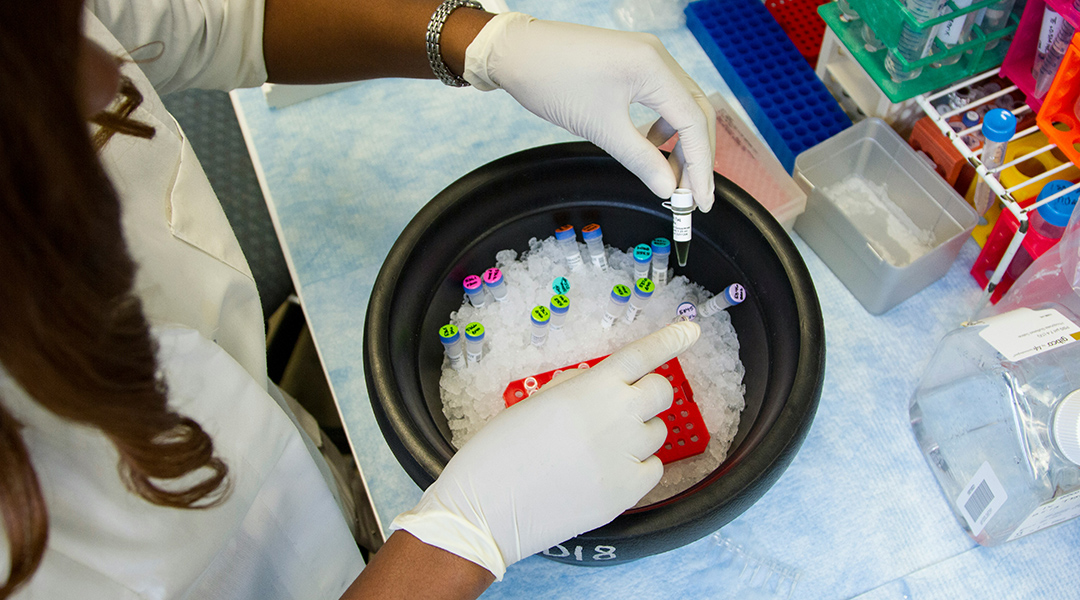
Typical diagnosis is through X-rays, but this new test has the potential to spot osteoarthritis before joint damage appears.
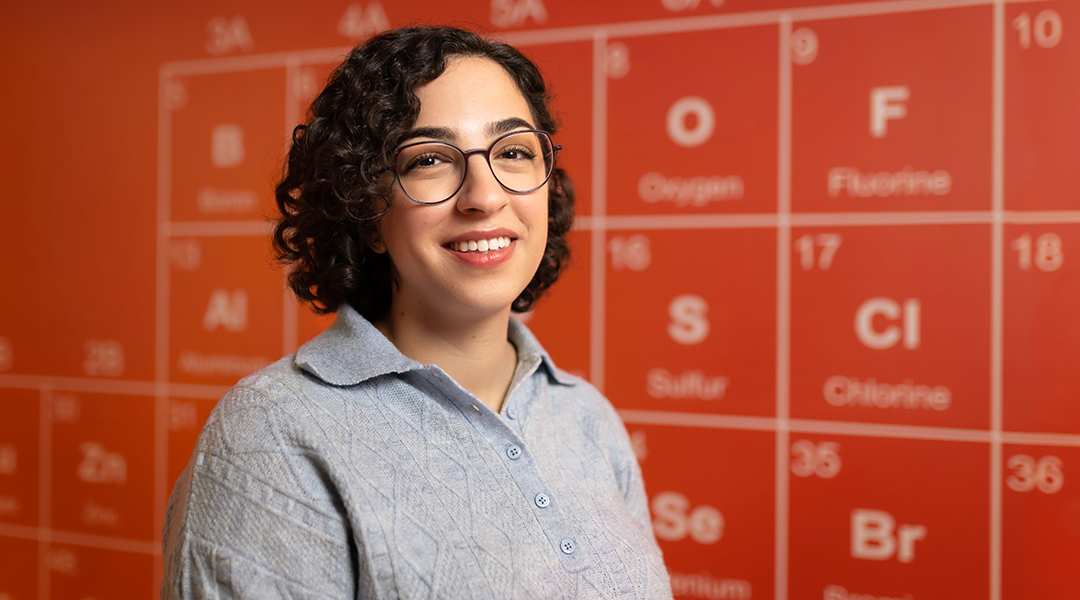
Chemist Shira Joudan discusses environmental contaminants, setting up at a new university, and building a supportive community.
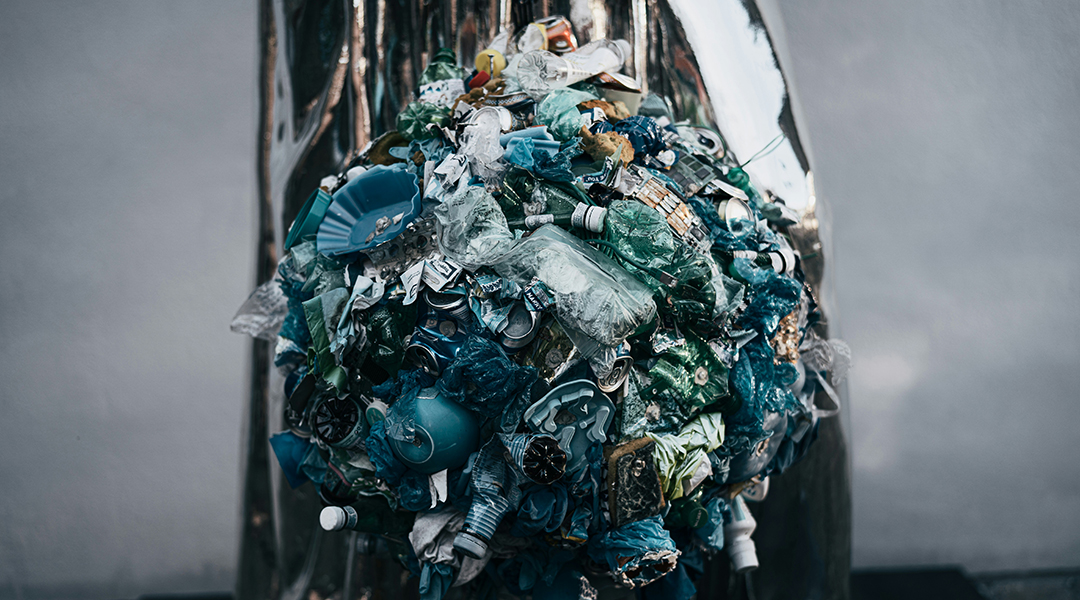
A closed-loop process for making and recycling polycarbonate plastic also captures carbon to reduce waste and cut emissions.

People recognize their own biases in algorithms’ decisions more than they do in their own—even when those decisions are the same.
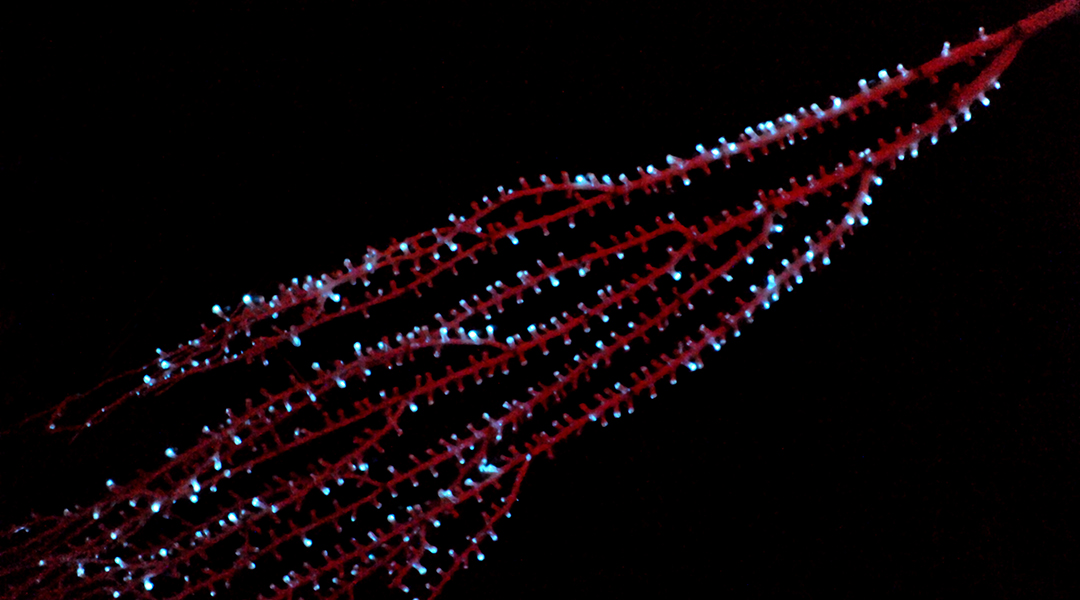
Bioluminescence has evolved independently in species time and again, but why this happened and when it first appeared has been a mystery.
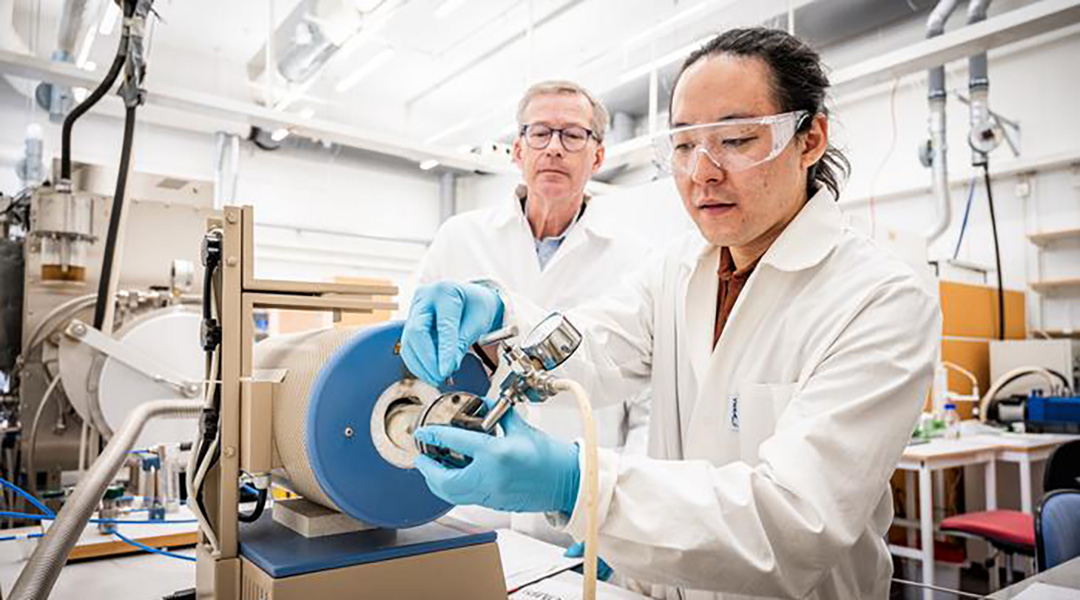
Scientists have managed to create sheets of gold only a single atom thick using a hundred-year-old Japanese smithing method.
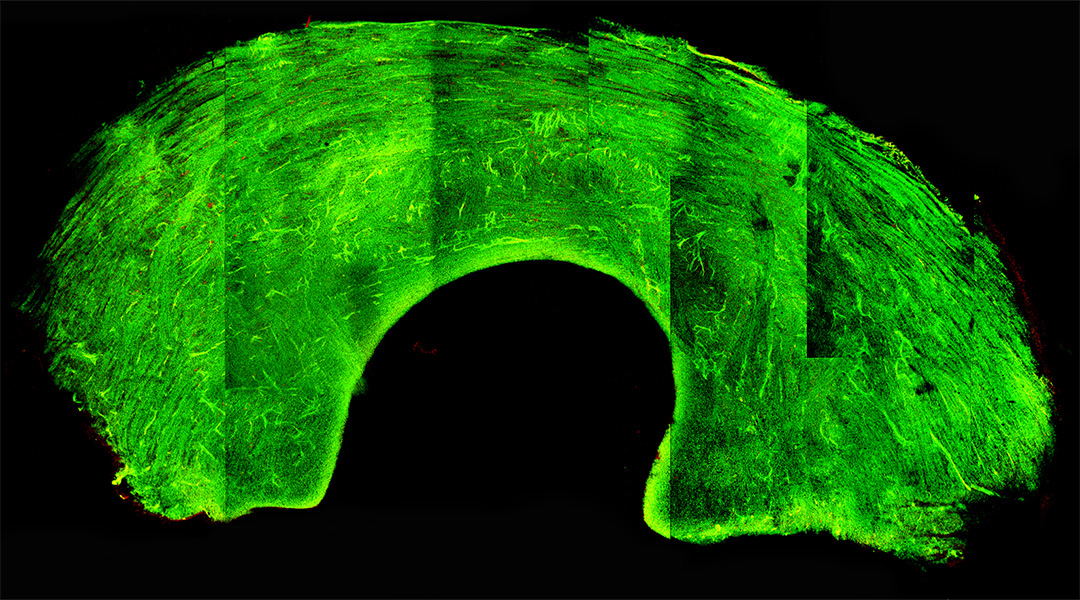
A cryopreservation technique puts graft tissue into a glass-like state, preserving cells and viability during long-term storage.